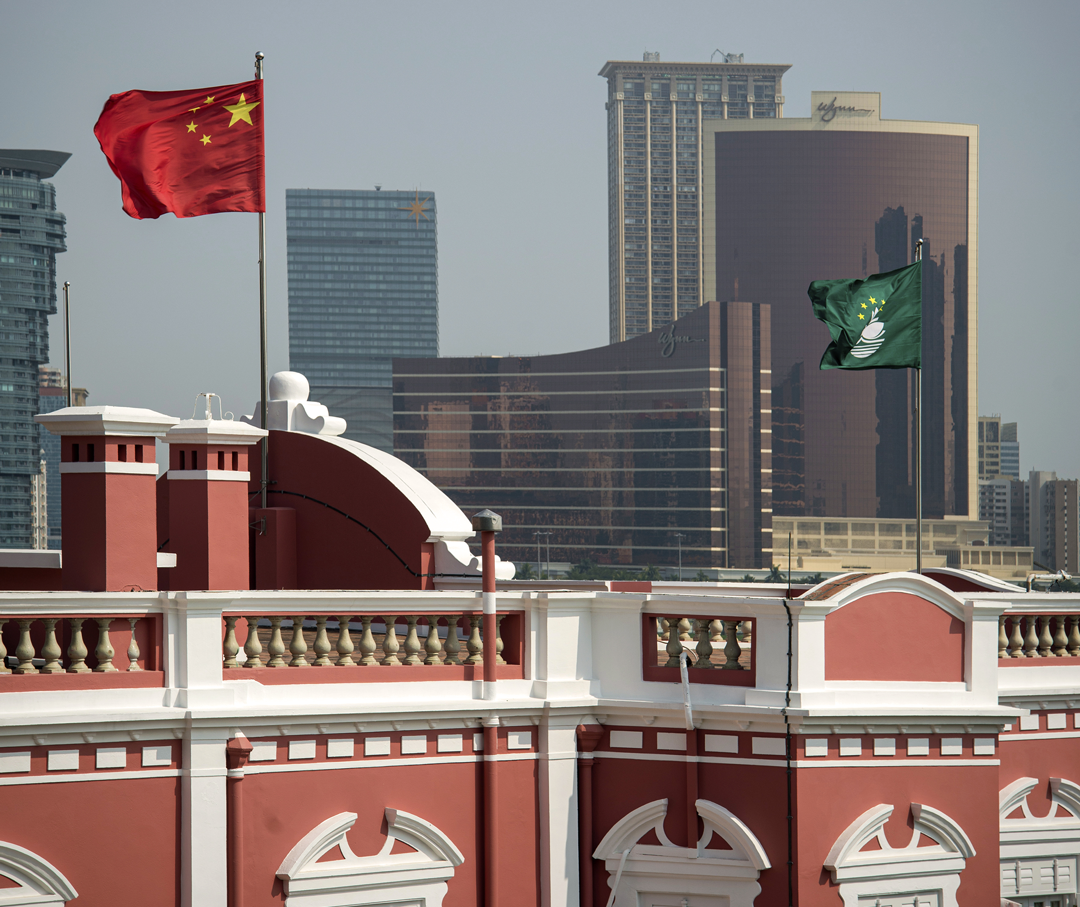Newly passed amendments to Macau’s gaming law reflect “significant changes to the policy goals” for the industry and align with China’s concerns about national security and illegal cross-border capital flows, a leading local law firm writes.
Offering their insight into the legal changes, which came into force on June 23rd, MdME Lawyers said the changes in the policy goals reflect the different scale and maturity of the Macau market when compared with 20 years ago when the laws were first promulgated.
The primary policy goal is the safeguarding of national security, with the introduction of an amendment that allows Macau’s chief executive to terminate a concession contract if there is a perceived threat.
MdME said the Opinion of the Second Commission on the Amendment to the Gaming law shows that the concept of national security is far broader than territorial and military security. It includes economic, technological, cyber and financial security.
One of Beijing’s key concerns when it comes to national security has been the illegal cross border outflow of capital, which is estimated to amount to about $150 billion a year and the amendments bring Macau into line with efforts to stem the flow.
This is particularly evident in some of the changes that relate to junket agents, which will only be allowed to operate with one concessionaire and will no longer be able to revenue share with the casino operator.
MdME also notes changes in the economic policy goal of the gaming law, which originally was intended to use gaming as an engine for the development of tourism, economic growth and social stability.
That wording has been replaced by the use of gaming to promote adequate economic diversification and to promote the sustainable development of Macau.
“This subtle, but important difference regarding the broader economic role of the gaming industry, ties in with another new policy goal introduced by the Amendment to the Gaming Law: the regulation of the size of the gaming industry,” it said.
The government has said it wants the industry to be of a stable and sustainable size. The new gaming law contains provisions aimed at limiting the size of the industry.
MdME said this can be seen through amendments that ban the current sub-concession model, the cap on the number of tables and slots, the banning of third-party revenue sharing accords and the phasing out of satellite casinos.
The laws stipulate a maximum of six concessions, which will have a ten-year term, half of the length of the original licenses.
The gaming law amendments were a necessary step ahead of the re-tendering process for the casino concessions, which is expected to get under way in coming weeks.
The original concessions were scheduled to expire at the end of June, however, they were all extended by a further six months to give more time, given the late publication and passage of the gaming law amendments.
Most observers believe that all six of the concessionaires will be chosen for a further term.
The Macau government published long-awaited guidelines for the re-tendering process in July, though the broad brush outline is still short on specifics, industry observers say.
The tender document is based mostly on the original document published 20 years ago, though contained some notable exceptions.
These include a requirement for the bidding companies to propose how they plan to expand the market of “foreign tourists.” They will also be required to outline their experience in operating casino games and to provide an investment plan for their gaming projects in Macau.
An investment plan will also be required for the non-gaming amenities that are planned by each operator, as well as details on planned social responsibility measures.











